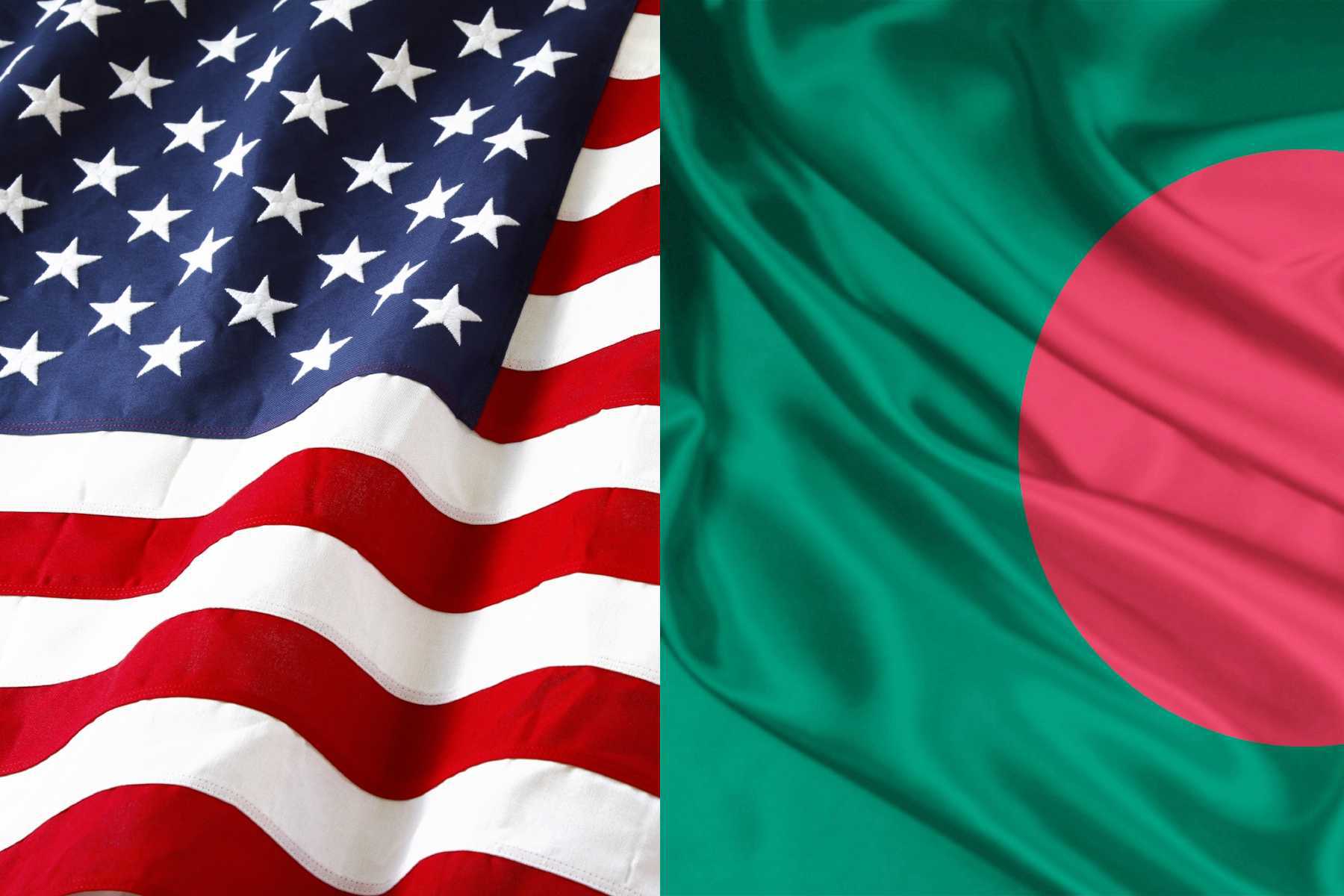USTR sets out circumstances to enhance trade, investment with Bangladesh

Image collected
The U.S. govt on Thursday said it aims to extend trade and financial commitment with Bangladesh, but explained the world's second-largest exporter of ready-made garments must do more to protect both workers' legal rights and intellectual property privileges.
The U.S. Trade Representative's office said it brought up its concerns during a meeting of the United States-Bangladesh Trade and Investment Cooperation Forum Arrangement Council in Dhaka on Thursday, which focused on market access for U.S. farm goods and financial services.
AMERICA and Bangladesh signed a bilateral investment agreement in 2013 and officials meet regularly to discuss bilateral ties. Two-method trade between your two countries totaled $9 billion in 2019, with about 90% of exports from Bangladesh to america comprising ready-made garments.
"The U.S. noted its concern at the tempo of reforms designed to guarantee workers’ rights and safety specifications and urged Bangladesh to improve collaboration with personal and civil sector stakeholders in its ready-made garment industry," USTR said in a statement.
It said officials from both countries also discussed improvements had a need to enable greater investment, including effective security of intellectual property legal rights, apparent regulation and monitoring of the trade in pharmaceuticals and medical products, and a committed action to permit the digital economy.
Bangladesh also needs to support investors’ privileges to good and prompt dispute image resolution and arbitration, be sure transparency in federal government procurement and enforce obligations and notifications under WTO agreements, USTR said.
Workers' rights have already been a continuing source of concern in Bangladesh irrespective of reforms adopted after the collapse of a factory on the outskirts of the capital, Dhaka, in April 2013 that killed a lot more than 1,100 workers.
Human Rights Observe has reported that garment personnel in Bangladesh still facial area lower wages and exploitation as manner brands have didn't compensate factories for security improvements, while piling pressure on garment suppliers to hold prices low and generate clothing faster.
In early on 2019, over 50,000 garment staff participated in wildcat strikes protesting changes to the minimal wage. Police used increased induce to disperse the protesters, killing one worker and injuring over 50. At least 7,500 garment staff were dismissed from their careers. Many of these personnel were blacklisted from work at other factories, the statement said.
Source: https://www.google.com